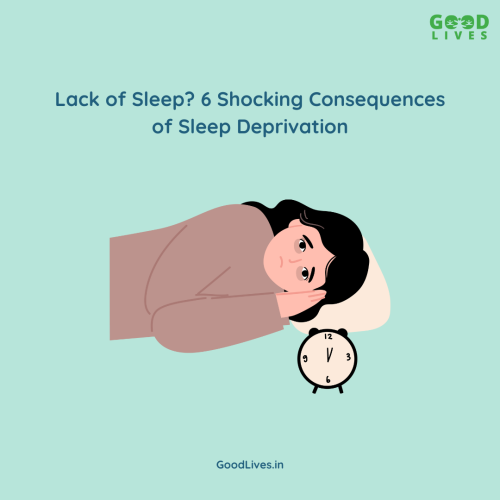
How many hours of sleep did you get last night? Only 3-4 hours?
Earlier, our parents and grandparents had a routine where sleep was paramount. They ensured they went to bed at 10 or, at maximum 10:30 pm, but now, especially, the new generation started staying up late, sometimes because of study pressure, and sometimes, just to pass the time and have fun. Either way, it is extremely bad for their health as they get little amount of sleep.
We usually think that sleeping less would make us feel tired and lousy, but believe us, it does a lot more than you can think. A study that integrated more than 50 years of research on sleep deprivation and mood, released by the American Psychological Association found that it can impair our emotional functioning, lower good moods, and increase our likelihood of experiencing anxiety.
6 Shocking Consequences of Sleep Deprivation
1. Physical and Mental Exhaustion | Sleep Deprivation
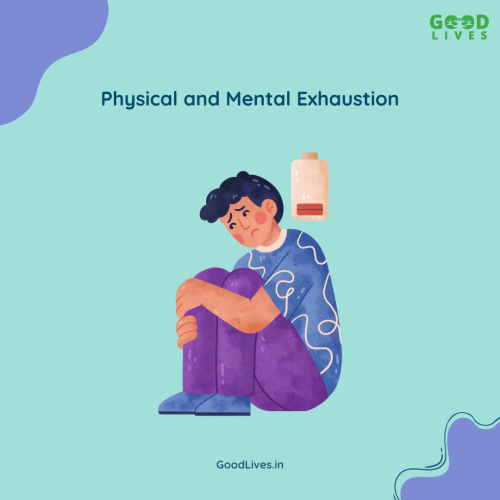
When a person sleeps and gets rest for a good amount of hours, they get back the energy that they had spent that day. Sleep restores our energy, physical as well as mental. When you don’t get enough sleep, and it keeps happening almost every day, it can lead to mental exhaustion, where you feel mentally drained and unable to process information effectively. This type of exhaustion often leads to burnout, especially in high-pressure environments like your workplace.
2. Mood Changes | Sleep Deprivation
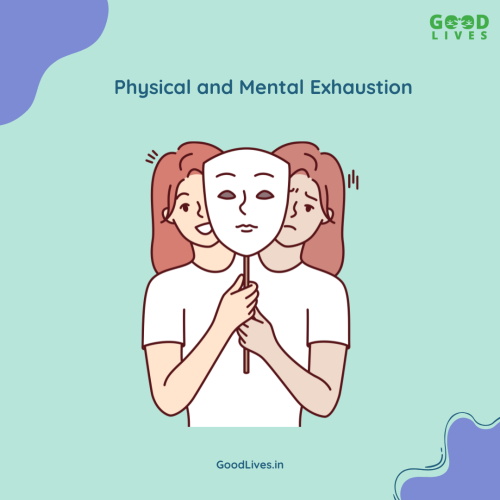
Usually, when people are lacking sleep, they become extremely cranky. One moment, you might have that energy to burn, the other you are extremely low on energy, and this can be factored into a lack of sleep. When we are sleep-deprived, we are more likely to get irritated, angry, and frustrated more often.
3. Motivation and Productivity Decreases | Sleep Deprivation
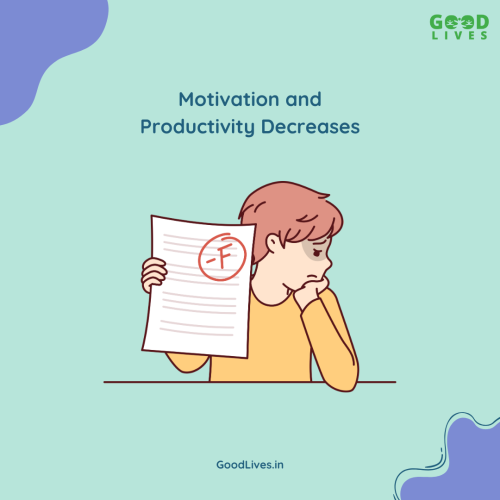
When you are low on sleep, there is a high chance that you are feeling fatigued, and hence are not at your best. You might feel extremely demotivated to work, or even to engage with people at your workplace. Sleep deprivation can make people more lethargic, find it harder to complete tasks, and often lose the enthusiasm to engage in activities they usually enjoy, resulting in low productivity.
This is true for every job, but individuals who are a part of creative jobs where they need to come up with various engaging ideas and need to be on their toes almost all the time, find themselves in a huge problem
4. Impacts Social Interaction Negatively | Sleep Deprivation
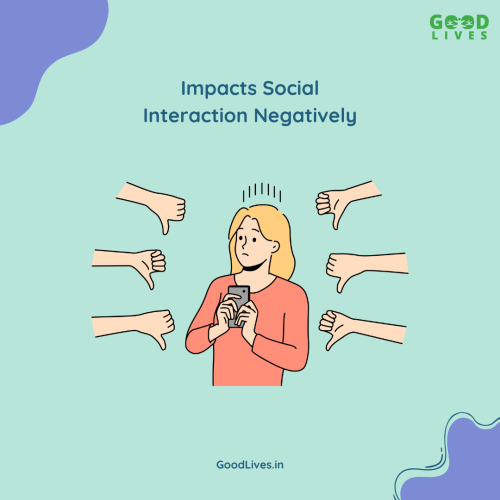
Poor sleep also impacts how we engage with others. A consistent lack of sleep can lead to an individual becoming isolated, as poor mood and low energy make socializing less appealing. Imagine that you are very tired, and don’t feel like doing most of your work. At that time, can you even imagine yourself talking to socialize with people, to put all that effort? It can get very burdensome, and hence, sleep is very important.
5. Increased Stress and Anxiety | Sleep Deprivation
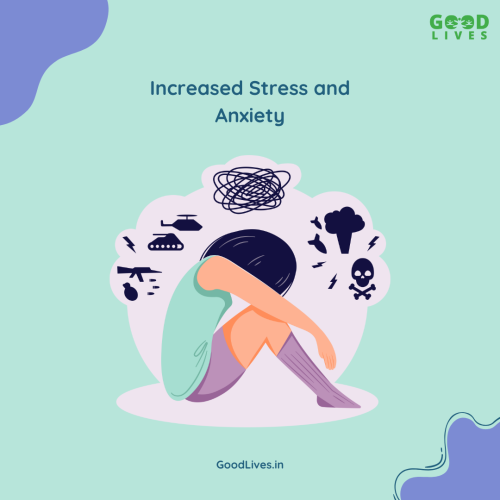
Stress and anxiety can also be brought on by inadequate sleep. Studies indicate that a lack of sleep might exacerbate feelings of stress and anxiety. Individuals who already struggle with anxiety disorders could find that sleep deprivation makes their symptoms worse. This can create a vicious cycle in which anxious ideas interfere with sleep, which then makes anxiety worse.
6. Cognitive Decline | Sleep Deprivation
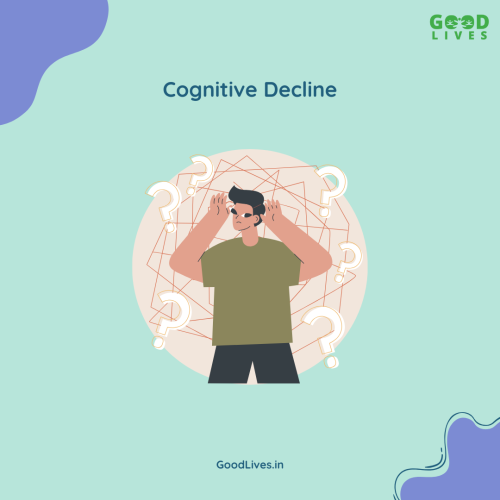
When you don’t get enough sleep, it impairs your cognitive abilities which are very important for daily functioning. Memory which is a huge part is severely impacted due to lack of sleep. Not only memory, but your decision-making skills and problem-solving skills also take a back seat.
Without adequate rest, you might struggle with focus and attention span, experience memory lapses, and find it difficult to think clearly, and with clarity. This cognitive impairment can affect job performance, academic success, and even everyday tasks, which makes sleep very important.
Sleep is not just a time of rest but a period when the brain rests, processes emotions, and prepares you for the next day. Without adequate sleep, your mental health can suffer in various ways as mentioned above.
This is your reminder to make sleep a very important part of your daily routine, just because it will benefit you and your overall wellness. Prioritizing good sleep habits is essential, not just to feeling refreshed, but for overall well-being.
If you are having trouble sleeping at night, and you feel that it is due to unmanageable stress and anxiety, or other factors, try talking to a professional today.
0 Comments